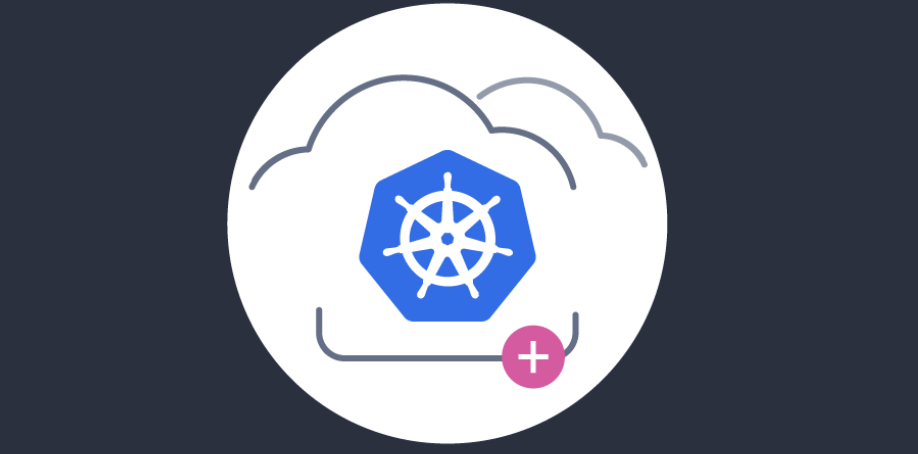While cloud provider-native CSPM tools offer various security benefits, they may also come with certain concerns or disadvantages:
- Limited cross-cloud support: Cloud provider-native CSPM tools are primarily designed to work within their own cloud ecosystem. If your organization uses multiple cloud providers or operates in a multi-cloud environment, you may not get consistent security monitoring and management across all platforms.
- Feature limitations: Cloud provider CSPM tools might lack certain advanced security features or customization options that are available in third-party solutions. This can be a limitation for organizations with complex security requirements or specific compliance needs.
- Integration challenges: Integrating a cloud provider’s native CSPM tool with existing security infrastructure or third-party security tools may not be as seamless as working with a single, unified third-party solution.
- Delayed feature updates: Cloud providers may not release updates or new features for their native CSPM tools as frequently as dedicated third-party security vendors. This could lead to delays in getting access to the latest security enhancements.
- Vendor lock-in: Relying solely on a cloud provider’s CSPM tool might lead to vendor lock-in, making it challenging to switch to a different cloud provider or third-party solution if needed.
- Security tool overload: Cloud providers often offer a variety of security tools and services, and using multiple native tools for different aspects of security can become overwhelming and difficult to manage.
- Potential bias: There may be a perceived bias in security assessments provided by cloud providers, as their native CSPM tools might not be as critical of their own services as an independent third-party solution would be.
- Compliance considerations: For organizations with specific compliance requirements, the native CSPM tools might not cover all the necessary controls and regulations, necessitating additional security measures.
- Lack of focus on multi-cloud: Some cloud providers might prioritize features and updates for their primary cloud service, which could result in less focus on multi-cloud security concerns.
- Data privacy concerns: Organizations may be cautious about using a cloud provider’s native CSPM tool if they have concerns about data privacy or the potential access cloud providers might have to security assessment data.
It’s essential for organizations to carefully assess their security needs, consider the specific limitations of a cloud provider’s native CSPM tool, and evaluate whether a third-party CSPM solution might offer more comprehensive and tailored security features to meet their requirements. In some cases, a combination of both native and third-party CSPM tools might be the optimal approach to achieve a robust and flexible cloud security posture.
